The Recursive reports that the 6th edition of the Future Summit that took place last year in November was partly dedicated to climate change and solutions to environmental changes for sustainable development.
In order to give the best information possible, the organizers invited multiple sustainability experts, including some from academia, startup communities and NGOs, to talk about challenges and solutions to the environmental crisis.
Linda Zeilina founded ISFC in 2020 in order to improve the expertise and capacity to work on sustainable finance.
The organization is based in Prague and is built on three main points, being generating knowledge and creating solutions through research, building capacity and understanding across the CEE and connecting interested parties.
According to Linda, "sustainable investing aims to balance traditional investment, focused on matching capital with opportunities that carry risks proportionate with financial returns, with environmental, social, and governance-related (ESG) considerations to improve long-term outcomes for a wider range of stakeholders."
She also says that supervisory authorities are in a continuous learning process that should help them better understand what information they need in order to mitigate the risks that arise from a shift in policy or in business models.
She also addresses the importance of sustainability reporting requirements, saying that the newest Non-Financial Reporting Directive at that time forced companies that have more than 500 employees to disclose their sustainability risks and impact.
This also applies to SMEs (Small and medium-sized enterprises) listed on regulated markets.
Linda believes that all SMEs might soon need to provide this type of information, regarding sustainability-related disclosures, one way or another.
She suggests that "SMEs can use a proactive approach and start with the basics: collecting data about their greenhouse gas emissions, energy intensity, and data about their labor force, for example."
In terms on how startups can access sustainable investment, Linda shared that "if you are a green business, that is already a big selling point, because the real economy currently does not have enough investment opportunities that are aligned with the EU’s taxonomy and proper solid ESG environmental, social and governance criteria."
She also expects the interest in sustainable investing to grow, as it will be led by favorable legislation and regulation, which aim to make investors lower their risk and deliver long-term value.
Entrepreneurs should also be more creative, she thinks, when it comes to finding funding, by positioning themselves better and show that they are worth a look at.
Linda also stated that while the UN's Climate Change Conference (COP26) didn't focus enough on concrete pathways and action plans regarding sustainable investing, this type of funding seems to enter the mainstream finance space.
This means that in the future, more resources, time and effort will be allocated in order to better understand the impact of climate change and how to decarbonize various industries and most importantly, how to engage more businesses to promote decarbonization.
 The Recursive
The Recursive


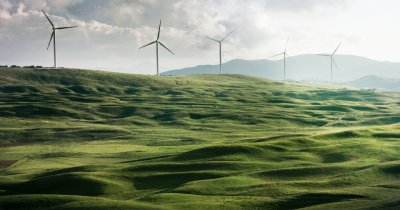
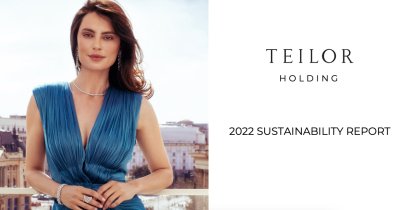




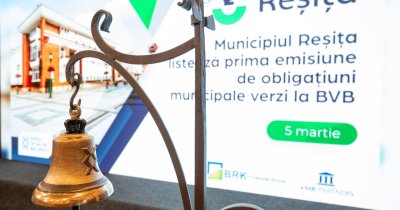
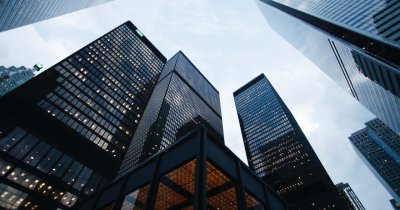

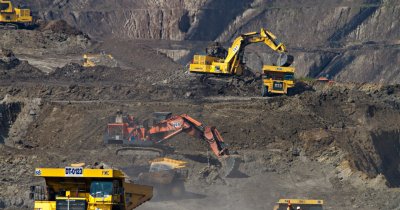
Any thoughts?